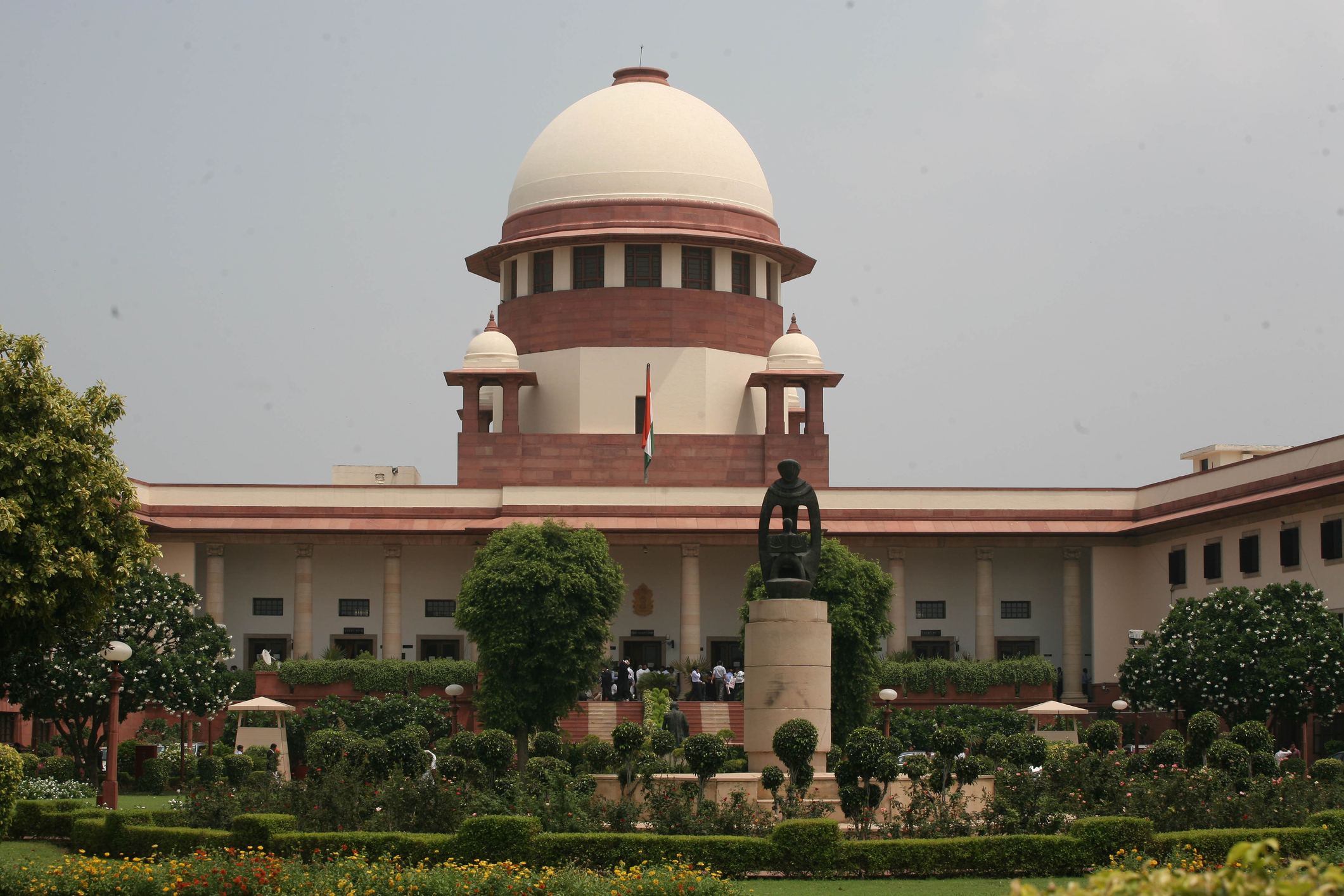A petition has been filed in the Supreme Court seeking a direction to the Centre to ensure the disposal of mercy petitions before the President “within a time-bound period”.
The petitioner, advocate Shiv Kumar Tripathi, has contended that uncertain delays cause considerable anguish to the families of victims and also allow the convicts to get their death sentence converted to a life term.
There is neither any time frame by which the President, who acts on the aid and advice of the Union council of ministers, should dispose of a mercy petition, nor any prescribed format for filing the plea. The plea is filed through the jail superintendent by the convict or his or her family members.
Tripathi’s petition is yet to be listed for a formal hearing. He has sought a direction from the Supreme Court to the Union government and the law ministry in particular for framing specific procedures and guidelines for disposing of mercy petitions in a time-bound manner.
“…The same is resulting in arbitrariness in disposal of the mercy petitions. It also leads to undue delay in disposal of the mercy petitions and thus giving rise to public unrest and creates doubts and suspicion in the mind of the public at large,” the petition, filed through advocate Kamal Mohan Gupta, stated.
Although the petition did not say so, the public support for the alleged encounter killing of four men suspected to have gang-raped and murdered a Hyderabad veterinarian had been attributed to people’s resentment at long and labyrinthine judicial procedures that allows convicts to evade justice.
The petition added: “In quite a few cases there is a prolonged delay in disposal of the mercy petitions and in such cases the convicts are able to take the benefit of the delay and get their death sentences converted to imprisonment for life. The victims and their families feel cheated in such cases….
“For effective disposal of the mercy petition in a time-bound manner and for transparency therein it is a must that specific procedure and guidelines for disposing the mercy petitions within a time-bound period are immediately framed and implemented.”
Under Article 72 of the Constitution, the President has extraordinary powers to grant pardon, remission and respite to all convicted persons even after a judicial pronouncement.
A similar power is vested with the governor of a state under Article 161.
However, Tripathi has confined his plea to the power exercised by the President, and not governors.
According to the petitioner, since extraordinary powers are conferred on the President, they should be exercised with “great care and caution”, “uniformly” and the “beneficiaries ought not to be extraordinary persons but all deserving individuals”.
“…Apart from the apprehension of misuse and abuse of this power, the delay in disposal of the mercy petition by the President is another big problem.
“It is pertinent to mention here that there is no written procedure followed for examining power to grant pardon or to suspend, remit and commute death petitions under Article 72…,” the petition noted.
It was submitted that advanced countries like the US and the UK have a prescribed format for a convict to file a mercy plea, but there is no such arrangement in India.











